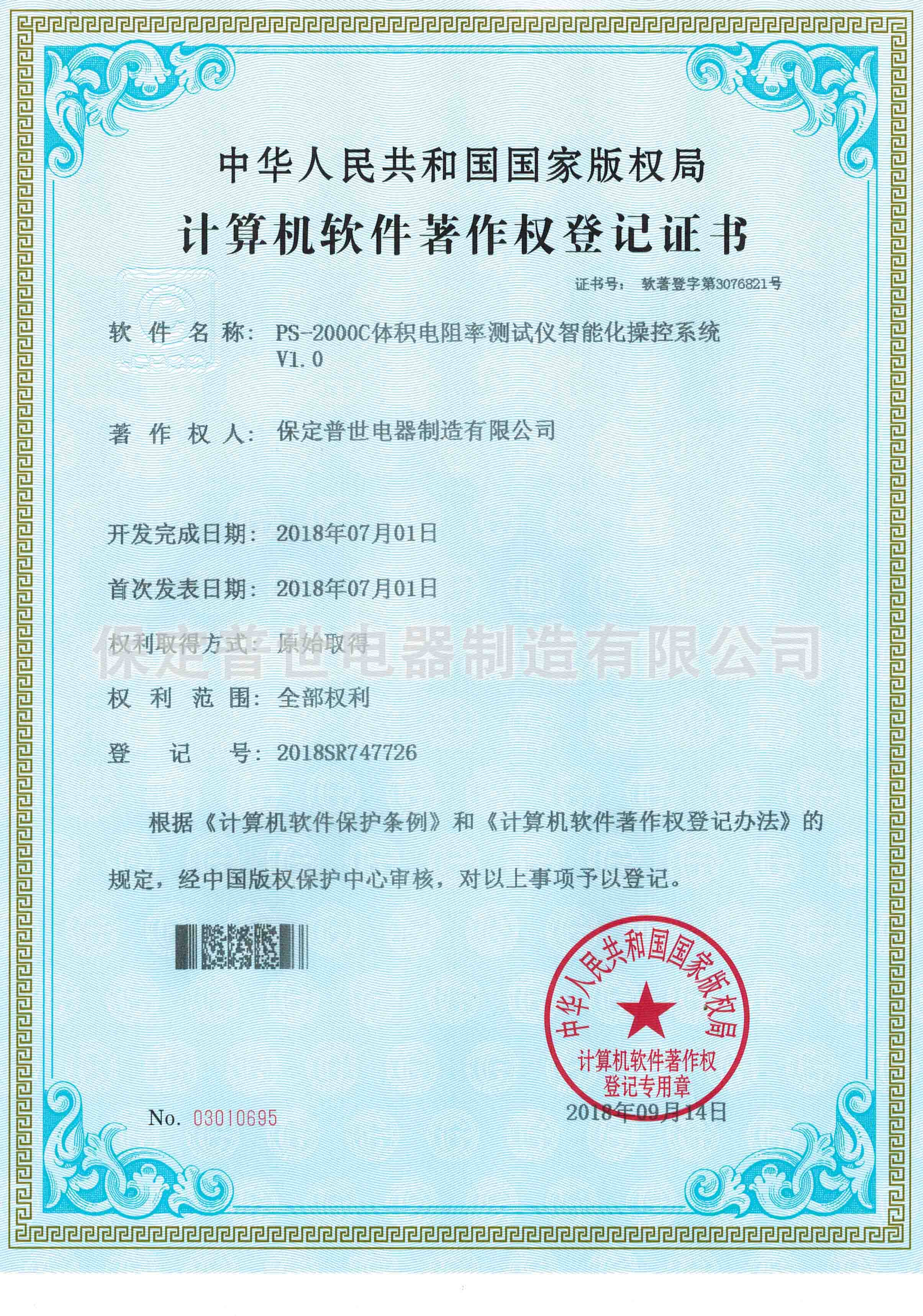 English
English


High-Quality Distilling Equipment for Professional Use in Crafting Spirits and Essential Oils
Understanding Professional Distilling Equipment
Distillation has been an essential process in various industries, particularly in the production of spirits, essential oils, and chemical compounds. The technology behind distillation has evolved significantly over the years, and today’s professional distilling equipment is designed to maximize efficiency, purity, and flexibility. This article will provide an overview of the types of equipment used in professional distilling and their applications.
The Basics of Distillation
At its core, distillation is a separation technique that relies on the differences in boiling points of various substances. The process involves heating a mixture until it vaporizes, then cooling the vapor to obtain the desired liquid component. This method is commonly used to produce alcoholic beverages, where ethanol is separated from the mash or wash.
Types of Distilling Equipment
1. Pot Still This is one of the oldest forms of distillation equipment. It consists of a large vessel (the pot) where the wash is heated. The vapor rises through a neck and enters a condenser, where it is cooled and condensed back into a liquid. Pot stills are favored for their ability to produce complex and flavorful spirits, making them a popular choice for craft distillers.
2. Column Still Also known as a continuous still or patent still, this equipment allows for continuous distillation of a liquid feed. It consists of a tall column divided into multiple sections, each providing an opportunity for the vapor to interact with the liquid, enhancing separation. Column stills are known for their efficiency and are commonly used in large-scale production of neutral spirits and industrial alcohols.
3. Vacuum Still This specialized equipment is operated under reduced pressure, allowing distillation to occur at lower temperatures. This is crucial when dealing with heat-sensitive compounds, such as essential oils or certain flavors, as it helps preserve their integrity. Vacuum stills are increasingly used in the production of high-quality products in the food and fragrance industries.
professional distilling equipment

4. Hydrostatic Still This type of still employs water as a medium to maintain the pressure necessary for distillation. Hydrostatic stills are specifically useful for extracting essential oils and fragrances, ensuring a gentle and effective separation of aromatic compounds.
5. Fractionating Column When multiple components with close boiling points need to be separated, a fractionating column is employed. It features packing material or plates that provide multiple stages of vapor-liquid equilibrium, allowing for a more refined separation. This type of column is often used in petrochemical and vodka production to ensure high purity levels.
Advanced Features and Technologies
Modern distilling equipment often incorporates advanced technologies to enhance performance. Automated controls can monitor temperature, pressure, and flow rates, ensuring optimal operation and repeatability of the distillation process. Additionally, some systems feature built-in analytical tools that provide real-time data on the composition of the distillate, allowing distillers to make adjustments on-the-fly.
Sustainability is also becoming increasingly important in the distilling industry. Equipment that recycles heat or uses renewable energy sources is gaining popularity, as distillers aim to reduce their environmental footprint and operating costs.
Conclusion
Professional distilling equipment plays a critical role in the production of spirits, essential oils, and various chemical products. Understanding the different types of distillation systems, their applications, and the technologies available can empower both new and experienced distillers to make informed decisions for their operations. As the industry continues to innovate, the evolution of distilling equipment will undoubtedly influence the quality and variety of products available in the market. Whether you are a craft distiller or part of a large-scale operation, investing in the right distilling equipment is crucial for achieving success in this dynamic field.
-
Differences between open cup flash point tester and closed cup flash point testerNewsOct.31,2024
-
The Reliable Load Tap ChangerNewsOct.23,2024
-
The Essential Guide to Hipot TestersNewsOct.23,2024
-
The Digital Insulation TesterNewsOct.23,2024
-
The Best Earth Loop Impedance Tester for SaleNewsOct.23,2024
-
Tan Delta Tester--The Essential Tool for Electrical Insulation TestingNewsOct.23,2024





